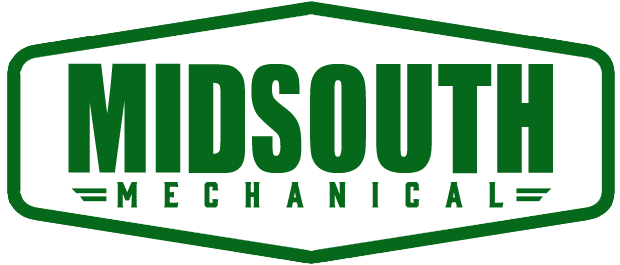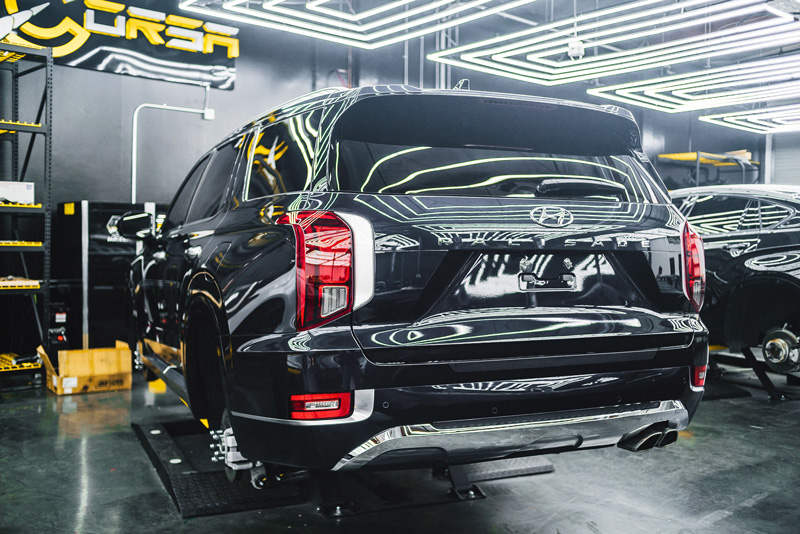There are a few different types of machines that are commonly used in automotive manufacturing. Conveyor belts move parts and materials around the factory, robots weld and assemble parts, CNC machines cut metal pieces to precise specifications, jig welders hold pieces in place while they are welded, and engine machining stations create the engine blocks that power cars. Each of these machines plays an important role in making automobiles.
Conveyor Belts
Standard conveyor belts are used to move parts and materials around the factory. The overhead conveyor belt is a moving platform that travels above the factory floor. It is used to move large parts and components around the factory.
Robots
Robots are used in automotive manufacturing to weld and assemble parts. They are also used to paint cars. Robots are able to do these tasks faster and more accurately than humans.
On most assembly lines, you’ll find a few different types of robots each with a different purpose. There are welding robots, painting robots, and bin transport robots.
CNC Machines
CNC machines are computer-controlled machines that cut metal pieces to precise specifications. There are a few different types of CNC machines, but they all perform the same function. They can create very complex shapes and designs in metal.
Jig Welders
Jig welders are used to hold pieces in place while they are welded. They are used mostly in the body shop to weld pieces of the car together.
Engine Machining Stations
Engine machining stations are used to create the engine blocks that power cars. There are a few different types of engine machining stations, but they all do the same thing. They create the blocks that engines are made out of.
The important role mechanical contractors play in automotive manufacturing
These machines are necessary to create the automobiles we use every day. Without them, the automotive industry would come to a standstill. Thanks to these machines, we have cars that are both efficient and stylish.
These machines operate at their fullest capacity when they are properly maintained by trained and experienced mechanical contractors. They require regular preventative maintenance at intervals recommended by the manufacturer. Without proper maintenance, machines can break down leading to downtime and loss of production.
Mechanical contractors can also ensure the working environment that machines and humans share is safe. They do this again by ensuring the machines are properly functioning and also by building machine guarding around machines.
If you’re interested in learning more about our mechanical contracting capabilities, please contact us today. We look forward to meeting you!
Our team is here to help.
Contact a project manager today!


